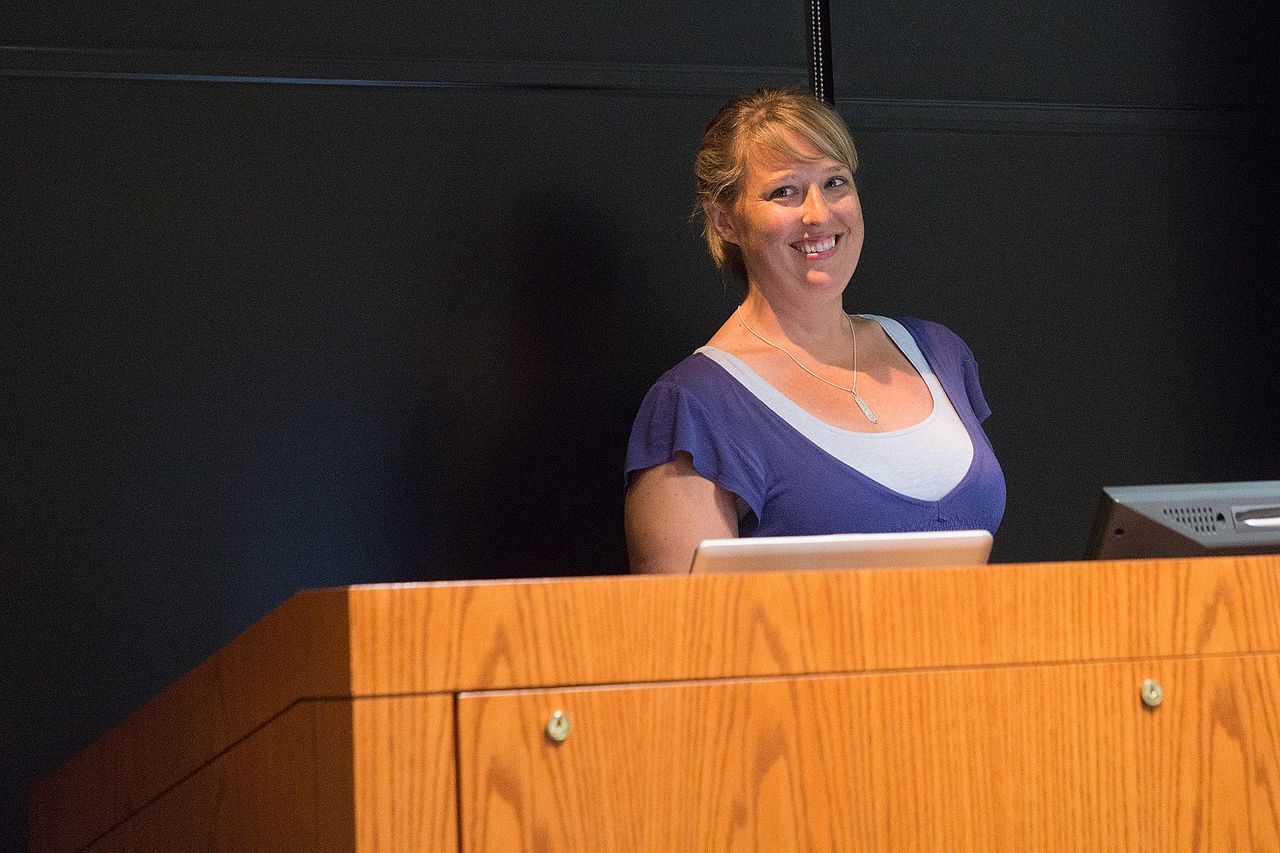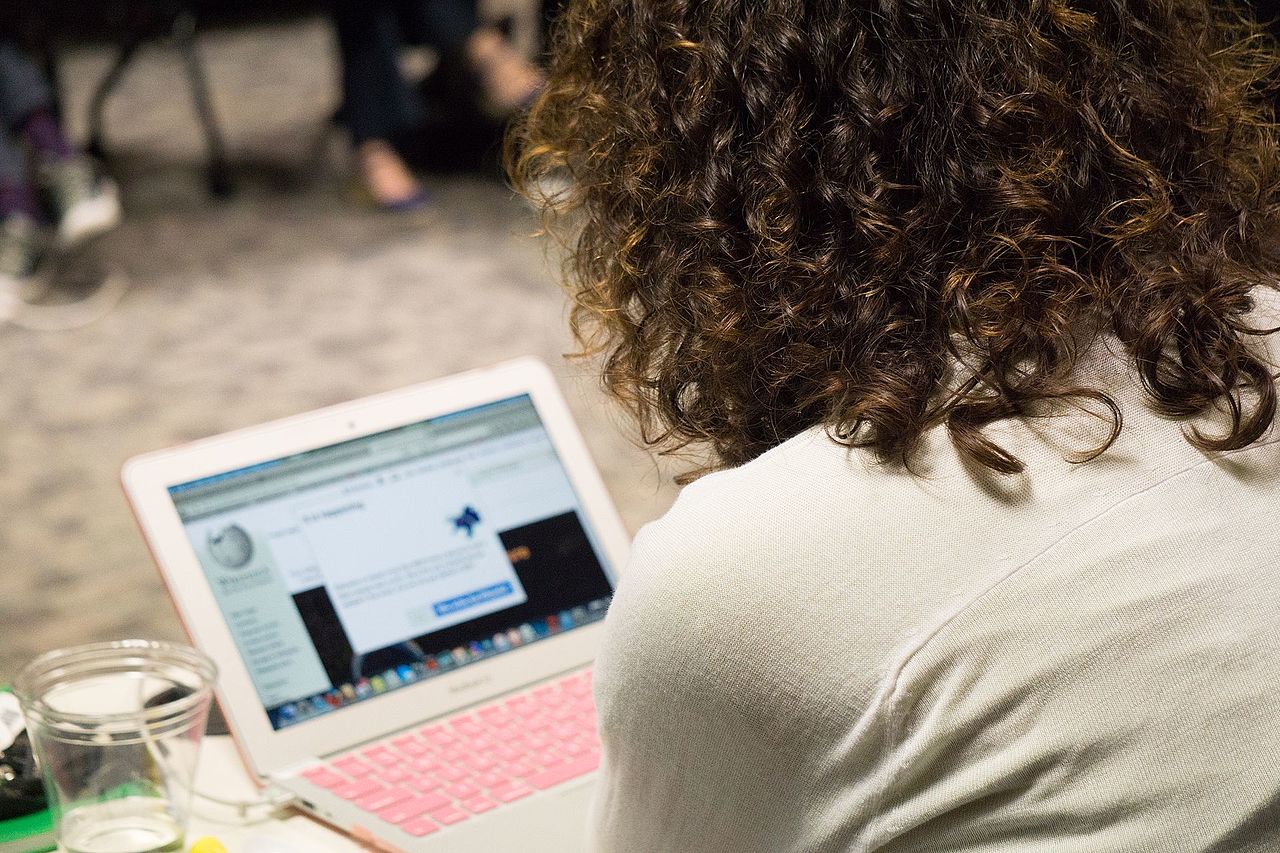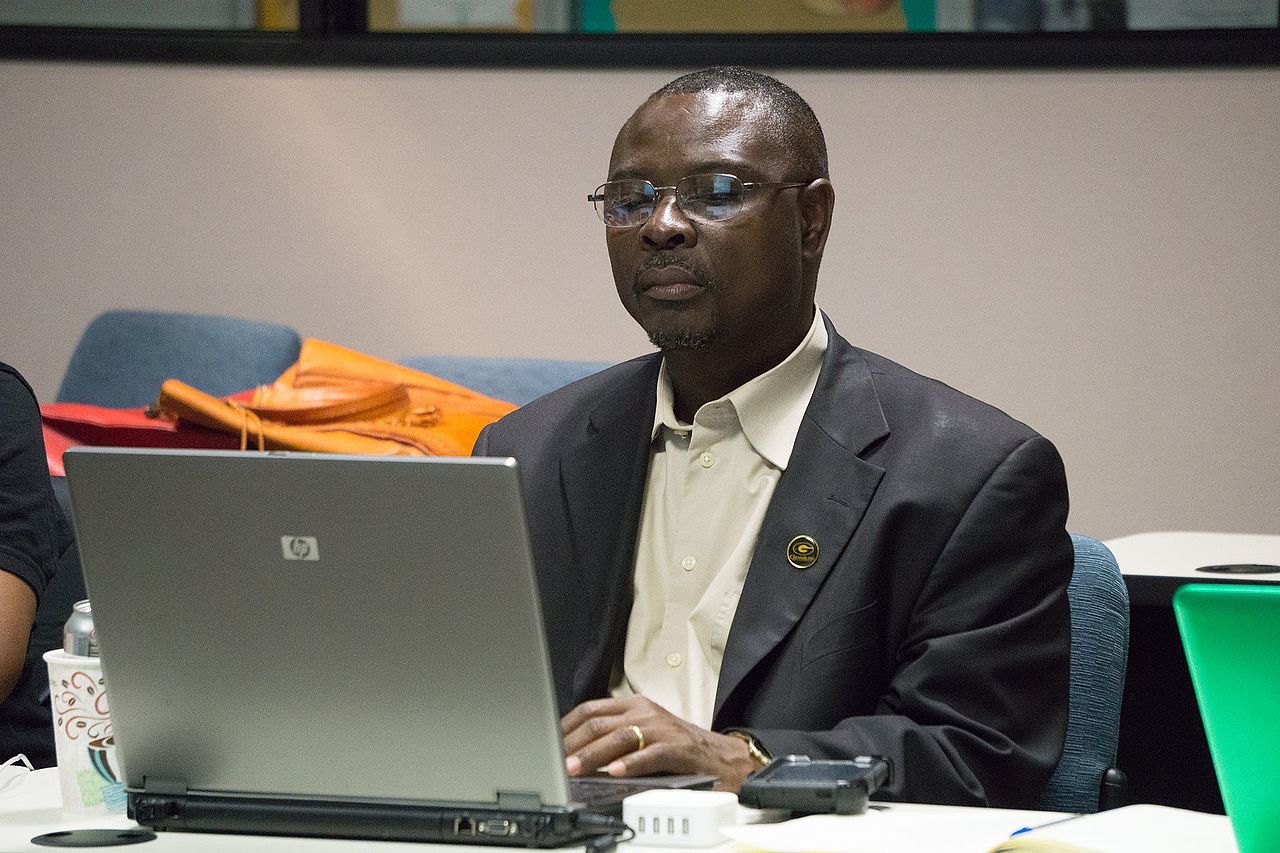For the ninth year, faculty at Xavier University of Louisiana (XULA) have come together to experiment with new pedagogy in their classrooms. Their group, the Faculty Community of Teaching Scholars (FaCTS), is funded by the Andrew Mellon Foundation and provides a stipend for participants to explore that year’s theme. The theme for academic year 2017–18 is “Making knowledge public using educational technology.” Dr. Megan Osterbur, who participates in Wiki Education’s Classroom Program, helped organize this year’s group of selected applicants and saw a clear alignment with Wikipedia assignments. After all, Wikipedia serves as educational technology for student editors and is as public as knowledge gets in 2017.

We are thrilled to work with several FaCTS participants as they incorporate Wikipedia assignments into their various departments. As part of the grant, Megan arranged to bring me and Outreach Manager Samantha Weald to their one-week intensive planning period in May. We joined for the first two days, when participants did a deep dive into the makings of Wikipedia. We collaborated to design meaningful assignments, and we showcased Wiki Education’s tools and trainings available for instructors and students. We discussed at length how Wikipedia is perhaps the most relevant platform for public knowledge for today’s students.
According to Megan, when we think about public knowledge, we must consider three things: audience, accessibility, and purpose.
Audience

When students create knowledge, we ask them to consider their intended audience. When we bring technology into the knowledge-creation process, we must also ask: Who is the actual audience, based on the platform and technology you’re using?
Regarding Wikipedia, the answer comes easily to students, as they’ve been visiting the website for years. Because of their familiarity, they understand that anyone and everyone may read Wikipedia as they look for information about a topic. They inherently understand Wikipedia’s audience, and, thus, the language they must use to communicate effectively. This understanding comes much more easily to them than when writing a mock journal article or traditional term paper.
Accessibility
For knowledge to be truly public, it must be accessible by the public. If academics pursue a career in research and higher education to inform the public and share something they love — knowledge and lifelong learning — with the world, are they achieving their goals through traditional means? Megan compelled us to think about published work and who can access it. For journal articles and academic books or textbooks, the group argued that the audience is limited to peers within academia, some students in higher education, and authors’ family members who may not fully grasp the texts’ jargon. One FaCTS participant joked that “nobody interesting” has access to her published work. Megan pointed out that she knows “the beautiful leather-bound dissertation [her] mom has has more dust on it than fingerprints.”
One of Wikipedia’s primary appeals to instructors as a publishing platform for students is the wide accessibility by the public. College students, high school students, grandparents, children, professors, professionals, and everyone in between read Wikipedia, so student editors can share important academic research and knowledge with a broad audience. That said, in order for a knowledge source to be truly accessible, readers must have the critical media and digital literacy to comprehend the content and consider its reliability. Another advantage of the Wikipedia assignment is that by engaging with this learning process, students build their media literacy skills. In the end, they are not only creating knowledge for others but are better knowledge consumers for themselves. Wikipedia, academic journals, textbooks, and other knowledge sources become even more accessible to students thanks to the skills they build while contributing to Wikipedia.
Purpose

The FaCTS participants discussed how purpose plays a role in the importance of public knowledge. With Megan’s facilitation, we identified the following purposes for public knowledge:
- Egalitarian approaches to information, knowledge, and learning.
- Alignment with an institutional mission. For example, XULA aims to create social justice and global leaders. By creating accessible information for the world, including people who do not have access to institutionalized education, their students create a more just society and build their own leadership skills.
- Economic necessity: If we keep knowledge private and restricted, the masses are less informed and we may end up with a tertiary economy with no knowledge base and very little economic mobility.
- Building a foundation for life-long learning: By providing mechanisms for people to continually learn, they can increase their quality of life over time.
- Critical consumption & multi-mode literacy in the context of information cacophony: Learners engage with new information that does not assume authority but juxtaposes the new information with prior knowledge and information schemas. When attaining new information, they can assess where it fits in with other knowledge schemas they already have. Importantly, information can also serve the purpose of developing multi-modal literacy, helping consumers understand charts, graphics, and other non-text-based information.
As a resource accessed by hundreds of millions of people every month, Wikipedia-editing helps students create knowledge with purpose. They identify academic information that is missing on Wikipedia, research the topics, and fill in the content gaps. As Wikipedia’s readers search for information on the topic, they’re able to learn from sources they may not otherwise have access to, either because it’s behind a paywall or because they don’t have the advanced literacy within the field to comprehend the available literature. These readers take that information into their daily and professional lives, fulfilling the purpose of sharing knowledge.
We learned a lot about how instructors are marrying these two concepts of public knowledge and educational technology, and we’re looking forward to working with even more students at XULA. If you’re an instructor who’s interested in increasing the public knowledge in your field by asking students to edit Wikipedia, contact us at contact@wikiedu.org.
